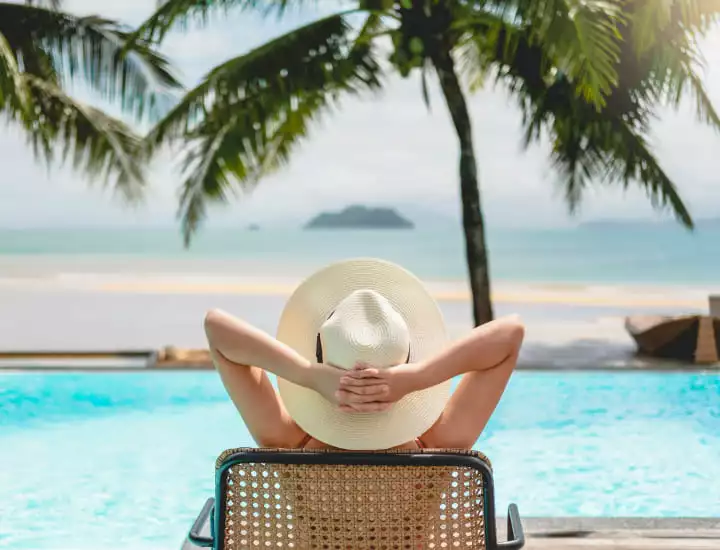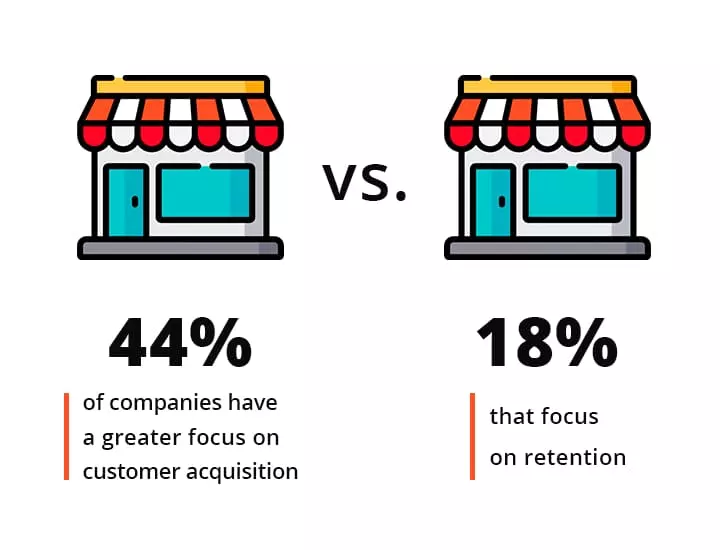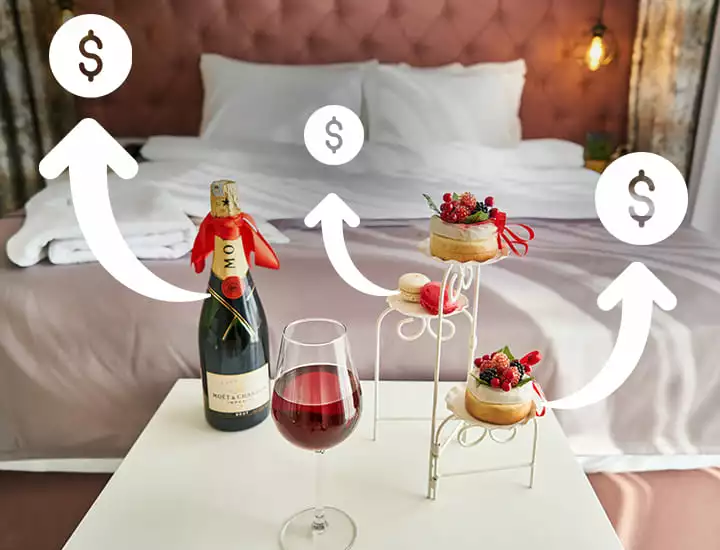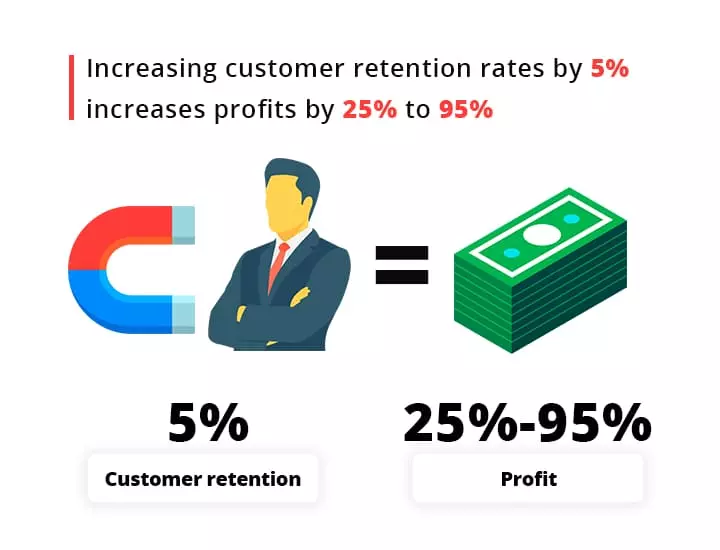Upselling and Cross-Selling Practices in the Hospitality Business
The article breaks down how technology use can increase your ancillaries revenue
25 April, 2023
Upselling and Cross-Selling Practices in the Hospitality Business
Whatever lodging business you have, your top priority is to maximize your gains from it, isn’t it?
The common issue the hotel chains are facing is a fierce competition in room pricing. According to the report, 36% of travelers name price as a top factor influencing accommodation decision. It seems that to win a customer, the hotel should offer the smallest room price possible. But what about the profit? The business is very likely to go down the drain unless other revenue streams are not utilized. That’s why it is critical for hotels to leverage opportunities to sell additional services and activities throughout the guest journey to increase the average booking price.

What do Upselling and Cross-Selling Mean?
In the post-pandemic time, cost control, efficient staffing and diversification of revenue streams play a crucial part in the hotel business strategy. As stated above, selling the room to the customer doesn’t bring sufficient benefit to the venue, yet it is a vital starting point for driving profit. According to the industry statistics, in some large resorts ancillary revenues can affect up to 50% of total revenue.
There are two major ways to drive additional profit for your hotel- upselling and cross-selling.
What exactly is cross-selling and upselling? In sales and marketing, ‘upselling’ is referred to the practice when customers are encouraged to pay more for a similar (but higher quality) product/service than the one they initially intended to purchase.
’Cross-selling’, on the other hand, means selling additional products or services that are complementary or related to the purchased product/service.
Both of these techniques are valuable for hotel owners because they are used to gain more profit from the same guest in addition to the room price.
Apart from additional revenue, these techniques contribute to guest experience and boost customer loyalty. Besides comfortable conditions, guests are looking to experience local attractions and various entertainment activities.

Is Selling to New Customers Really that Profitable?
Actually, while the majority of businesses concentrate on attracting new clients, they oversee some important facts. According to business experts, retaining customers should be prioritized as much as or even more than acquiring new ones. Let’s dive deeper into that matter. Statistics show that existing customers have far bigger revenue-driving potential:
- 60-70% of existing customers are likely to buy a service/ product, whereas only 5-20% of prospects end up purchasing.
- Existing customers are 50% more inclined to purchase new services offered in comparison with newly acquired clients/ones.
- Existing customers tend to spend 31% more on their average order value with your business.
- Businesses spend 5 times as much on new customer acquisition than on retaining an existing one.
So, one of the primary principles of any business is to keep existing customers and maintain a loyal relationship with them, which will cut customer acquisition costs.

Are Traditional Upselling and Cross-Selling Techniques Still Relevant?
We have conducted a survey among people heavily involved in tourism – travel agents and experienced travelers to understand the needs and desires of business and the customers regarding entertainment activities.
Both groups of respondents admitted that the venues didn’t exploit their full ancillary potential and criticized the traditional approach of offering additional services to guests when all the advertising is done by a travel agent or reception staff. The conventional way doesn’t work because of the following:
- Inconvenience, as the guests have to allocate time to either visit a presentation or just talk to the reception staff/ travel agent about services offered.
- Little history insight. Location history does matter. Location is a top factor influencing accommodation decisions among travellers, so guests would value some background information about the history of the location they are staying at to be able to figure out the best activities to try out.
- Guests highlight the fact that very often they get very little information/ not enough information about the tour and either refuse to purchase it or end up being disappointed as the activities don’t meet their expectations.
- Language barrier. A lot of unique local attractions don’t have their own website or a very simple one in a local language. So, the guests have to ask for information from a travel agent (who usually advertises something more mainstream) or reception staff.
- Guests skip on third-party tours, as they don’t find them interesting enough. There are a lot of ancillaries offered by the hotel itself and guests wish travel agencies offered more unique experiences.
- Hoteliers (especially the ones owning ultra inclusive resorts) emphasize the issue related to identifying the extra services and activities to offer, as a lot of them are already included in the room price.
- A lot of hotels still rely on the staff’s professionalism and experience to make relevant suggestions to the guests, which requires a lot of staff training and does not always bring a desired volume of sales.
- Besides, hotel staff have to be quite knowledgeable about the price each category of guests is prepared to pay for an additional service.
- The level of staff engagement matters – whether the staff is incentivised or not to offer ancillaries to the guests.
At the same time, all respondents stated they would love to have an application packed with guest entertainment activities and enabling efficient upselling and cross-selling for hotels and effortless purchasing for the guests.

How to Make the Most of the Ancillary Potential of your Hotel?
To make the most of the ancillary revenue potential, it’s essential to take into account the entire customer journey, from booking to departure, and work out the best strategy and means for ancillary sales at each stage.
Booking
Industry experts recommend not to overload the booking process with additional offers, just to include the most relevant options, such as meal plans, transportation, and amenities.
Pre-arrival
When the customer has become your future guest, it’s the most suitable time to offer them various extras. We remember that the probability of selling to a new prospect is 5–20%, while the probability of selling to an existing customer is 60–70%.
For the best conversion level, it is essential to make your offers personalized and fit the interests of the certain type of guest. The pricing of your offers should be well thought-out as well.
Let’s have a look at what actual data show us.
GuestJoy studied upsell data collected from around 1000 hotels located in 25 countries across the globe to identify the services which were the most popular among the guests.
- Wellness-related services, such as spa treatments, massages, etc. were in the greatest demand with guests, comprising 20.4% of all services purchased.
- Room upgrades were the second in demand, accounting for 20.2% of all services sold.
- Taxi services come third, making up 18%.
- Restaurant orders constituted 16%.
What makes the most money?
- Wellness category generated around 30% of all revenue.
- Room upgrades made up 23.8%.
- Restaurant orders amounted to 17.5%.
Purchasing pattern is not the same throughout the year and changes according to the season. In the summer, room upgrades sell 4% more, while restaurant-related offers are purchased 6% more often. Taxi and room services show a little increase in popularity as well. The only service group that decreases in sales during summer is wellness offers.

During stay.
Once your guests are already enjoying their stay, they will be typically more open to opportunities to enhance it. Make sure each guest knows everything you have to offer without them having to ask or look for it.
During Check-Out and Post-Stay.
- Upselling and cross-selling opportunities do not cease with the guest’s departure – there are still plenty of things to offer during check-out and even after they have left.
- During the check-out process, it would be a good idea to do the following:
- Offer them transportation to the airport;
- Inquire about their future route/ destination and suggest staying at a sister/brand property;
- Ask if they’re planning to return to your location any time soon. Accompany your invitation with a number of personalized discounts and offers.
- Invite them to join your loyalty program and/or your mailing list. There are many ways to strengthen the guest relationship and to keep up-selling to them in the future.
Upselling and cross-selling take place throughout the guest cycle. If done right, they enhance your guests’ experience and increase your property’s bottom line.

The most critical point that each hotelier should keep in mind is to make sure that upselling and cross-selling are performed in the most efficient/ high-converting way. While the traditional approach via front-desk selling still works, both guests and hotel businesses increasingly feel the need for a more modern approach, such as doing it via a hotel application or a virtual concierge. It will fully cover all ancillary revenue opportunities throughout the entire guest journey at your venue, as well as provide a more seamless travel experience for the guests.

Hotel web platform will give both hoteliers and guests the following advantage:
- Comprehensive information (in the guest’s native language) on services and activities offered. In such a way, guests would feel in control of their stay and more within their comfort zone. More than two-thirds of customers will look for information themselves before contacting customer support.
- Visualization – technology offers more advanced opportunities for guest engagement, such as virtual and augmented reality. The more the guests picture themselves doing the activity, the higher the chances are of them to purchase them.
- Enhanced convenience – guests can book the activities/ services they want any time, from any place.
- Data collection and analysis. Integration with the CRM system allows hoteliers to gather valuable data on guest preferences, make custom comparisons and make conclusions about the most popular offers.
- Guest segmentation. Using advanced analytics, it is possible to establish typical guest profiles for your venue, match them to certain room types and create offers that match the interests of each group of guests.
- Easy identification of additional services and activities to offer each type of guests. Based on the analysis of past behavior patterns of guests at your venue, similar data collection across other venues and industry trends, it’s possible to identify the best converting offers for your guests.
- Setting up the optimal price range. Using analytics and custom comparison, it is easy to analyze and figure out the best price range for each guest segment.
- Personalized experience tailored to each guest’s needs. Each customer wants to feel special, and offering the services and activities that best suit their needs and desires dramatically increases the conversion rate of the hotel offers.
- More efficient upselling and cross-selling, as everything is based on data, not on staff assumptions and judgment.
- Increased profitability resulting from a higher conversion rate of selling additional services and activities, decreased customer retention and acquisition costs.
- Ability to track the performance of each hotel employee regarding sales of ancillaries and set up incentive schemes. More efficient work of staff.
- Wider payment options. With the integration of different payment systems, the guests will be able to choose the payment options they prefer the most, which will increase the probability of them ordering the services.
- Increased guest loyalty and customer retention rate through providing much better guest experience at the venue.
Wrap Up
Adopting technology at your venue will not only pave the way to service excellence and increased customer loyalty, but also unlock hefty sources of revenue. A custom solution, taking into account all the needs of your hotel as well as your guests, is an efficient way to sell both à la carte and third-party ancillary services. It makes it easy to offer additional services and activities during the entire guest journey and tap into customer’s interests with personalization. Besides, it will make your guest experience much more engaging and memorable, which, in turn,
will improve guest retention rate and revenue potential of the hotel. BandaPixels has a vast experience of creating custom solutions for hotels. Check out the Projects section to have a look at case studies of the applications created for the hospitality industry. Contact us if you would like any kind of further information.
by Vlada Hladyr
Let's work together to make your project a success
Contact usLast News
Thank you!
We’ve received your contact request and will contact you soon
Something went wrong
We couldn’t receive your contact request. Please try again later.